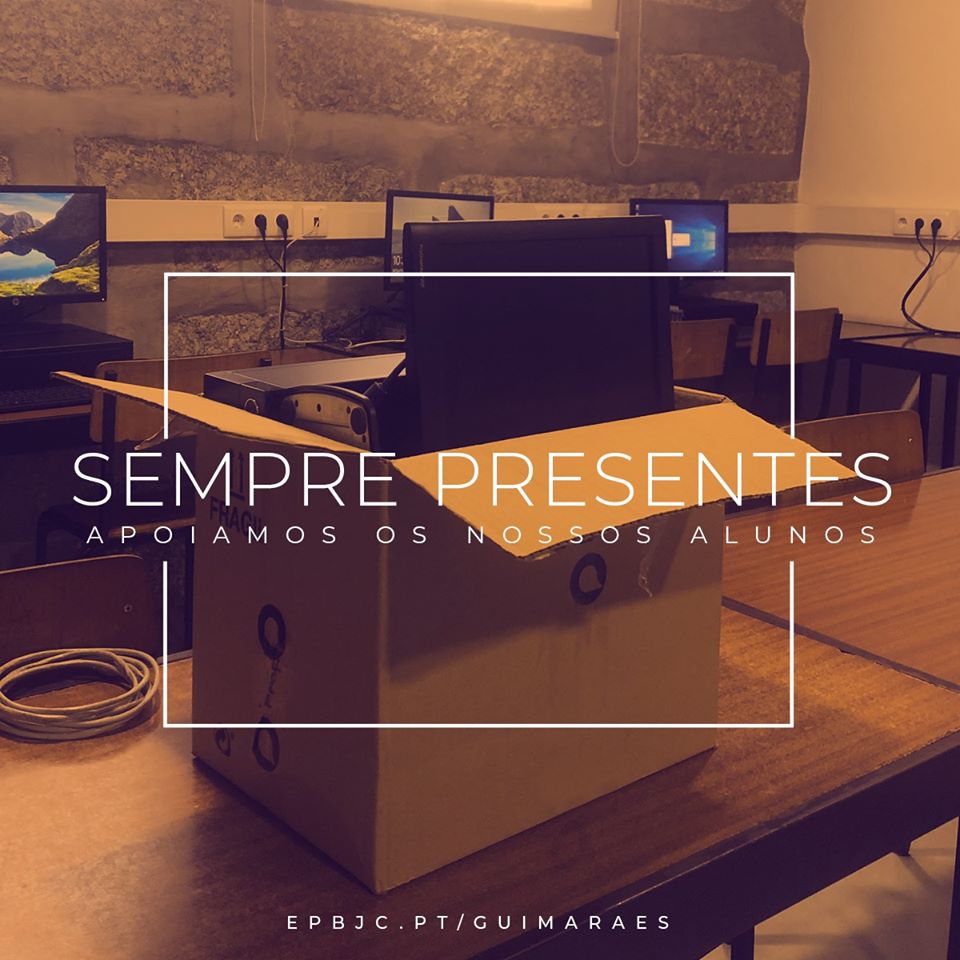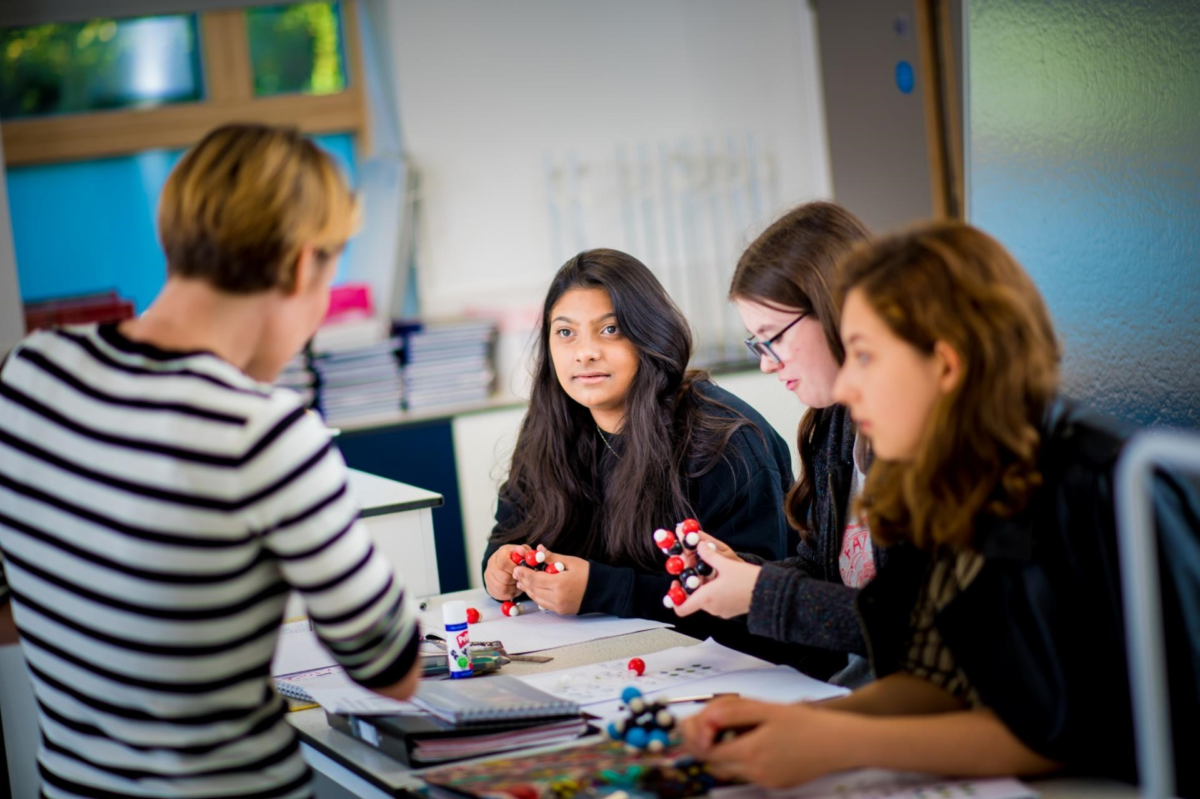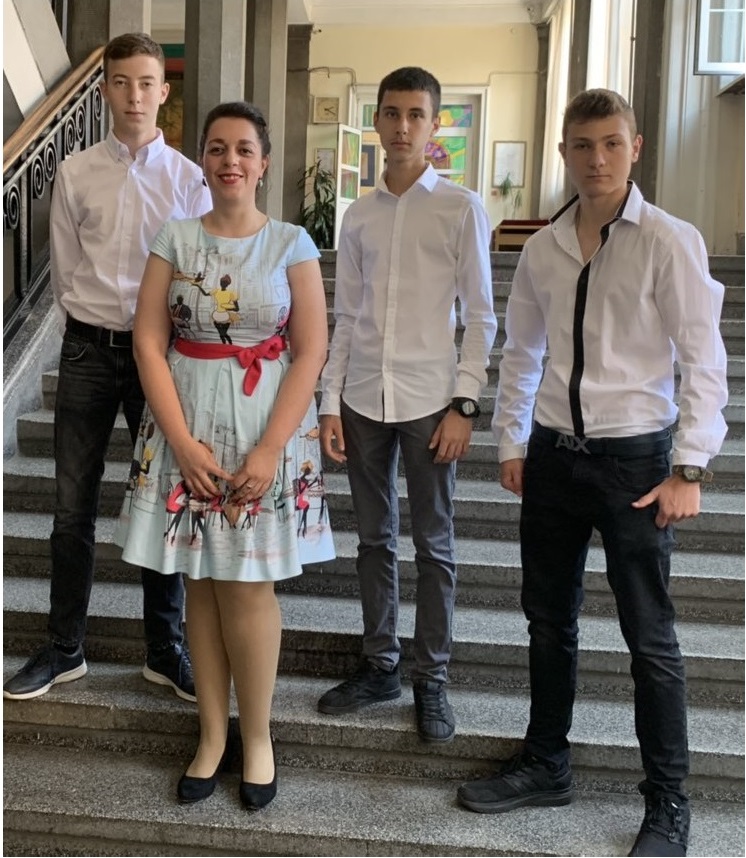We present to you team CAYENNE_Z from the National High School in Finance and Business, Sofia! They won first place at the national round of the European Statistics Olympiad in 2020 in category A (10-12-grade pupils) among 185 teams from the country. The team members are: Borislav Harizanov, Martin Zahariev and Milosh Ristich, 10th-grade pupils, with mentor Elena Ingilizova, teacher of Economics. The same team also won second place last year, then in category B (8-9-grade pupils). Well, it seems this is not a matter of luck, but of continuous development and upgrade of knowledge and skills. This is exactly the purpose of this challenging and so different Olympiad!
Usually at such contests young people have a few hours to demonstrate the knowledge they have already obtained, while the statistics contest last about 4 months, over which new competences are continuously accumulated. The Olympiad traditionally begins in January, and preliminary registration is necessary. It is for teams of one to three pupils and one teacher-mentor.
The event is organized by Eurostat with support by the national statistics offices of the participating countries. The idea is to increase the statistics culture of teachers and pupils. It has been held in Bulgaria for three years now, and the number of participants is constantly growing. In 2020 they were 1090, twice more compared to 2018. At the NHSFE there has also been much greater interest this year.
The Olympiad is carried out in two rounds – national and European. The national round is split into three stages. In the first of them, within two weeks, pupils had to do three tests with 10 questions each, on an online platform. The first one included questions on the theory of mathematics and statistics, the second one – on NSI data and surveys, and in the third test, the questions were related to a specific Eurostat publication. The tests of each team were different, and wrong answers resulted in deduction of points, so no one tried to guess. The result of tests contributes 25% in the final ranking. The NHSFB teams did very well and all went on to the second stage, where within 4 weeks they had to prepare presentations of up to 8 slides, representing an analysis of a database provided by NSI specifically for this purpose. The pupils had to determine the survey purpose, to select suitable data and indicators and to formulate conclusions. A key criterion was presenting information in a convincing and accessible manner, with appropriate visualization means – graphs, tables, diagrams, etc. The presentations were evaluated by a jury and contributed 75% in the final ranking. CAYENNE_Z impressed the jury, because their presentation is the only one since 2018 which was awarded the maximum 100 points.
The first 5 teams from each category went on to the final stage, where each team had to prepare two presentations. In one of them, pupils presented themselves, their team and their motivation for participation. The other was a preliminary project for filming a video on a topic set by Eurostat. This year it was “Young People’s Problems”. The presentations undergo online voting, defence in front of an audience, and evaluation by a jury. This is the stage we are presently at. The two winning teams – one in each category – will represent Bulgaria at the European round, where they fill film a video supported by official statistical data, with maximum duration 2 minutes. In it, the pupils should consider the situation in their country and compare it against the other EU states. We all hope that CAYENNE_Z, NHSFE’s team, will succeed!
All teams have made a lot of effort, time and a lot of willingness are necessary to take part in such a contest. But why are pupils so motivated? The main reason is that it is a real challenge for them to analyse actual data and compete in the field of creativity and interpretation abilities. Their opinion is important, but so is the ability to present and defend it in an accurate and clear manner. Like the pupils themselves say, they also get to know many “magic tricks” working with Powerpoint, Excel and other software. They obtain skills to work with the NSI and Eurostat databases which are useful in all areas. And the award fund for the winners is very attractive!
The contest also supports the development of teachers. Most of all because they get to know lots of additional information and the existing instruments for presentation thereof, which prompts them to apply innovative teaching method. Did you know, for instance, that there are statistics online games? In them pupils (and the entire family) can save the world or develop the city they manage, by taking decisions based on official statistical data.
And in conclusion: how is it possible to change outlooks on the world through an Olympiad? To begin with, its format helps the young people to learn a lot about themselves – about their strengths and weaknesses, as well as about working interactions with others – what makes them successful and what fails them. Work on a long-term project with several stages, each with deadlines and requiring different competences, certainly contributes to future work habits. The contest fully applies the Olympic principle that it is participation that matters, not ranking. Everyone wins, because them manage to develop critical thinking and information handling skills – search, analysis, and presentation – which are essential in our time. Those who have participated are much better aware what it means to have a position and support it with facts. The Olympiad creates young people who would hardly be convinced by “fake news”. The teams see the actual data but also understand the way they could be distorted in presentation, as well as the flaws of the methodology itself. The young people become citizens with better awareness, who follow and monitor public events and processes. Thus, through the perspective of statistics, which for many people is inconvenient, narrow and distorted, the teachers and pupils participating in the European Olympiad obtain a new, different, and clear view of life!
For more information, you can visit the Olympiad’s website:
nsi.bg/esc-2020






